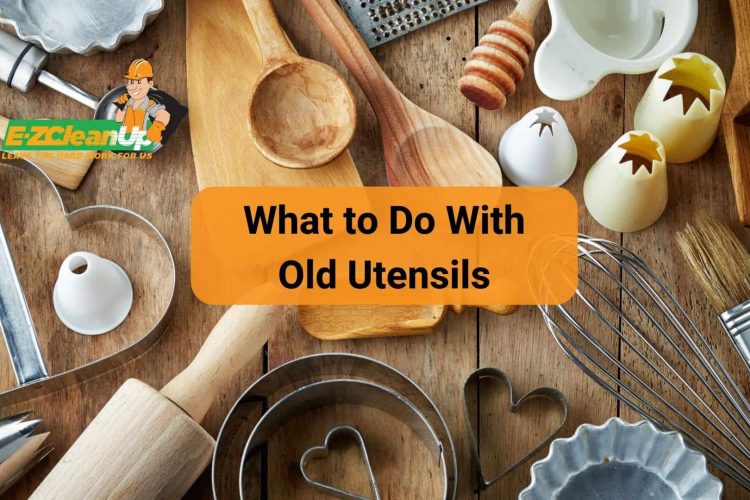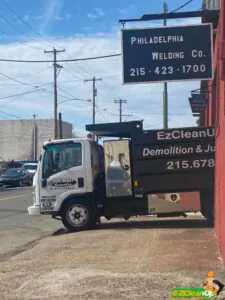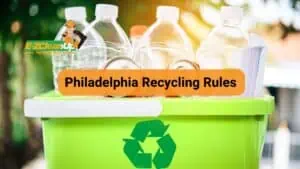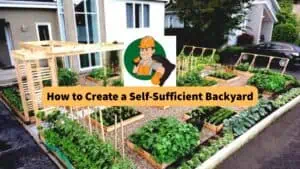Repurpose old utensils by transforming them into decorative items, artistic pieces, or practical tools. Colanders can be quirky light fixtures or planters, while old cutlery can become coat hooks or wind chimes.
Continue reading to learn more about what to do with old utensils.
Creative Recycling of Old Kitchen Utensils
Recycling old kitchen utensils helps declutter your space, and most importantly, it’s a step towards sustainable living. Let’s explore some creative ways to repurpose these kitchen items.
Transforming Colanders into Decorative Pieces
Colanders can become more than just pasta strainers. Their unique designs make them ideal for several decorative projects, such as:
- Repurpose as Quirky Light Fixtures: Colanders’ unique designs can be repainted and hung as light fixtures. They create an interesting play of light and shadow when used in this way.
- Utilize as Planters: Colanders are ideal for use as planters due to their excellent drainage capabilities. They are perfect for growing herbs or small flowers.
- Add Rustic Charm: Hanging colander planters in your kitchen or balcony can enhance the area’s aesthetic with a touch of rustic charm.
Repurposing Old Cutlery into Artistic Items
Old cutlery, with its varied shapes and sizes, offers numerous repurposing possibilities. Forks and spoons can be bent and welded into creative coat hooks, which can add a unique element to your foyer or mudroom.
Another popular idea is creating a cutlery wind chime. By attaching old spoons and forks to a sturdy base and hanging them outdoors, you can create a melodious and visually intriguing piece. These items can also be flattened and engraved to make custom decorative signs.
Upcycling Spoons and Plastic Spoons for Decor
Metal and plastic spoons can be much more than just eating utensils. Here’s how:
- Wall Art: Bend metal spoons and arrange them in a pattern to create unique wall art. It’s a straightforward way to add a rustic or industrial touch to your space.
- Candle Holders: With a bit of bending, spoons can become elegant candle holders. Mount them on a wooden base for a stylish centerpiece.
- Garden Markers: Flatten out spoons, paint them, and use them as garden markers. It’s a simple yet effective way to identify your plants.
- Plastic Spoon Flowers: Cut and paint plastic spoons to resemble flower petals. Combine them to make beautiful, colorful bouquets that last forever.
Reusing Cups in Creative Ways
Don’t throw away those chipped or mismatched cups. Instead, transform them into something new:
- Mini Planters: Cups make excellent planters for small plants or herbs. They’re especially good for indoor gardening.
- Candle Holders: Use cups as holders for votive candles, or make your own scented candles in them.
- Organizers: A cup can be a quirky holder for pens, toothbrushes, or makeup brushes. They add character to any desk or bathroom.
- Bird Feeders: Attach a string to a cup, fill it with bird seed, and hang it outside. It’s an easy and charming way to attract birds to your garden.
Glass Jars as Decorative and Functional Objects
Glass jars can be turned into a variety of useful and decorative items, including:
- Storing Bulk Ingredients: They’re perfect for organizing pantry staples like flour or oatmeal. They give a clear view of the contents and help reduce packaging waste.
- Planters for an Indoor Herb Garden: By filling large jars with potting soil and planting seeds, you can grow herbs right in your kitchen window.
- Creative Lighting: Glass jar lamps are not only a fun DIY project but also add a charming touch to both indoor and outdoor spaces.
- Making Yogurt: You can use glass jars for making homemade yogurt by combining ingredients like coconut milk and a probiotic and letting it ferment.
- Salad Dressing Shakers and Spice Storage: They can be repurposed as handy shakers for homemade salad dressings or as a part of a hanging spice rack.
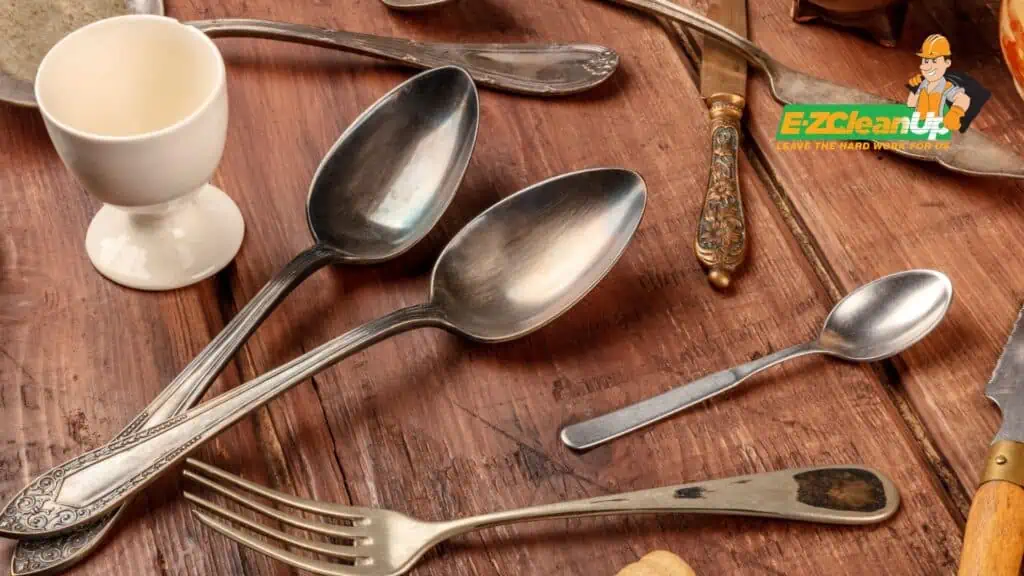
Eco-Friendly Disposal Options for Kitchen Utensils
When it’s time to clear out old kitchen utensils, consider eco-friendly disposal methods. These options ensure that your items either find a new home or are recycled properly, which reduces their environmental impact.
Here are some practical ways to dispose of your old utensils responsibly.
Selling Utensils Online
Unloading your old utensils online can be both eco-friendly and profitable. Websites like eBay, Facebook Marketplace, and Craigslist are great platforms to sell used kitchen items.
It’s important to be honest about the condition of the items and consider offering local pick-up to reduce the carbon footprint associated with shipping.
Donating to Charity
Donating your utensils to charity shops or organizations like Goodwill or The Salvation Army is a noble way to dispose of them. These donations not only extend the life of your utensils but also help those in need. Make sure the utensils are in good condition and clean before donating.
Finding Local Drop-Off Points for Recycling
Some kitchen utensils, especially those made of metal, can be recycled. Check with your local recycling center to see if they accept kitchen utensils. For plastic utensils, it’s essential to check the type of plastic they are made from, as not all plastics are recyclable.
Buying Only Necessary Utensils to Reduce Waste
The most eco-friendly approach is to reduce waste from the start. Be mindful when purchasing kitchen utensils. Invest in high-quality items that will last longer, and try to avoid impulse buys or purchasing items that have limited use.
Practical Tips for Reusing Common Kitchen Items
Upcycling old kitchen utensils into practical items is both eco-friendly and creative. Here’s a guide to transforming a common kitchen item into something useful.
Kitchen Towel Hangers from Rolling Pins
Creating a kitchen towel hanger from an old rolling pin is a simple and creative way to repurpose kitchen items:
- Gather Materials: You’ll need a rolling pin and drapery support brackets.
- Choose the Rolling Pin: Select a rolling pin that suits your style or holds sentimental value.
- Find Suitable Brackets: Look for drapery support brackets that can fit over the handles of your rolling pin. They come in different finishes to match your kitchen’s decor.
- Mark the Position: Decide where you want to mount the rolling pin and mark the position on the wall.
- Drill Pilot Holes: Carefully drill pilot holes at the marked positions.
- Attach the Brackets: Follow the directions to attach the brackets to the wall.
- Mount the Rolling Pin: Place the rolling pin into the brackets.
- Finish: Ensure everything is secure and hang your towels.
Coffee Pot Terrariums for Home Decor
Creating a coffee pot terrarium is a delightful way to repurpose an old coffee pot into a decorative home item:
- Select a Coffee Pot: Choose a clear glass coffee pot for the best visual effect.
- Gather Supplies: You’ll need small pebbles or gravel, activated charcoal, potting soil, and small plants or succulents.
- Layer the Base: Start by layering pebbles or gravel at the bottom of the coffee pot for drainage.
- Add Charcoal: Spread a thin layer of activated charcoal over the pebbles. This helps to filter the water and keep the terrarium fresh.
- Add Soil: Pour in enough potting soil for your plant’s roots to spread.
- Plant: Carefully place your plants or succulents in the soil.
- Water Lightly: Give your new terrarium a light watering.
- Choose a Spot: Place your coffee pot terrarium in a spot with indirect sunlight.
- Maintain: Water sparingly, only when the soil looks dry.
Creating Garden Markers from Old Spoons
Creating garden markers from old spoons is a fun and easy DIY project:
- Gather Old Spoons: Find some old metal spoons; the flatter, the better.
- Clean the Spoons: Wash and dry the spoons thoroughly.
- Flatten the Spoons: Use a hammer to gently flatten the spoon’s bowl if needed.
- Decorate: Use a permanent marker or paint to write the names of plants on the spoon’s bowl. You can also get creative and draw small pictures representing the plants.
- Seal the Writing: Apply a clear coat of sealant over the writing to protect it from the elements.
- Cure the Paint: If you’ve used paint, allow it to cure according to the paint’s instructions.
- Place in Garden: Stick the handle end of the spoons into the soil near the corresponding plants.
Fashioning Cake Stands from Wine Goblets and Plates
Fashioning cake stands from wine goblets and plates is a stylish way to repurpose kitchen items:
- Gather Materials: Find a sturdy wine goblet and a matching plate.
- Clean Surfaces: Ensure both the goblet and plate are clean and dry.
- Apply Glue: Use a strong adhesive suitable for glass and ceramics to apply glue to the rim of the goblet.
- Attach Plate: Carefully position the plate on the goblet, ensuring it’s centered.
- Allow to Dry: Let the adhesive set as per the manufacturer’s instructions, usually a few hours.
- Test Stability: Gently test the stand to make sure it’s securely attached.
- Decorate: You can now use it as a stylish cake stand.
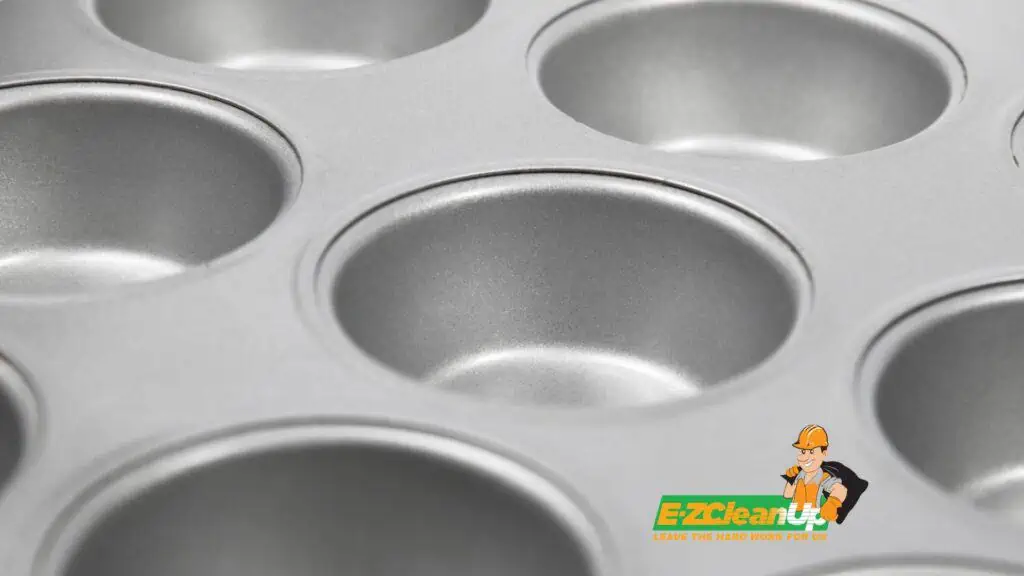
Cupcake Baking Tray as a Jewelry Organizer
Transforming a cupcake baking tray into a jewelry organizer is a creative way to reuse kitchen items:
- Select a Tray: Choose a cupcake baking tray, preferably one that’s not in use anymore.
- Clean the Tray: Wash and dry the tray thoroughly.
- Paint (Optional): If desired, paint the tray in a color that matches your decor.
- Organize Jewelry: Place earrings, rings, and small necklaces in the individual cupcake sections.
- Find the Perfect Spot: Place the tray in your bedroom or closet as a decorative and functional jewelry organizer.
Recycling and Disposal of Non-Reusable Kitchen Items
Dealing with old kitchen utensils requires careful consideration to ensure eco-friendly disposal and recycling. Here are practical steps for handling metal and non-metal kitchenware.
Recycling Metal Cookware
Recycling metal cookware involves identifying whether it’s made from ferrous or nonferrous metal. Most pots and pans are nonferrous, made of aluminum, copper, or stainless steel. If a magnet sticks to them, they’re ferrous.
For nonstick cookware, the coating must be removed before recycling. Unfortunately, curbside recycling programs rarely accept these items, so taking them to a scrap metal recycler is advisable.
Disposing of Non-Metal Kitchenware
For non-metal items like ceramic bowls or Pyrex dishes, recycling options are limited. These items can’t be recycled with glass containers due to their different melting points and should not be put in the curbside bin to avoid contamination. Reuse or donation is recommended where possible.
Handling Broken or Unusable Cooking Utensils
For broken or unusable cooking utensils, the method of disposal depends on the material. Wooden utensils can be composted after being broken into smaller pieces. Metal utensils, including those made of aluminum, stainless steel, or copper, can often be taken to scrap metal facilities for recycling.
Unfortunately, plastic utensils pose a challenge for recycling due to their small size and variety of resins used, making them difficult to sort and process. In most cases, reusing them or disposing of them as waste is the only option.
Understanding Recycling Options for Different Materials
Most curbside recycling programs do not accept scrap metal, so it’s important to check with your local recycling facility or municipal department to determine the best way to recycle metal cookware.
For cookware with non-stick coatings, such as Teflon, the coating must be removed before recycling. Companies like Terracycle offer specialized programs for recycling a variety of kitchen utensils and cookware.
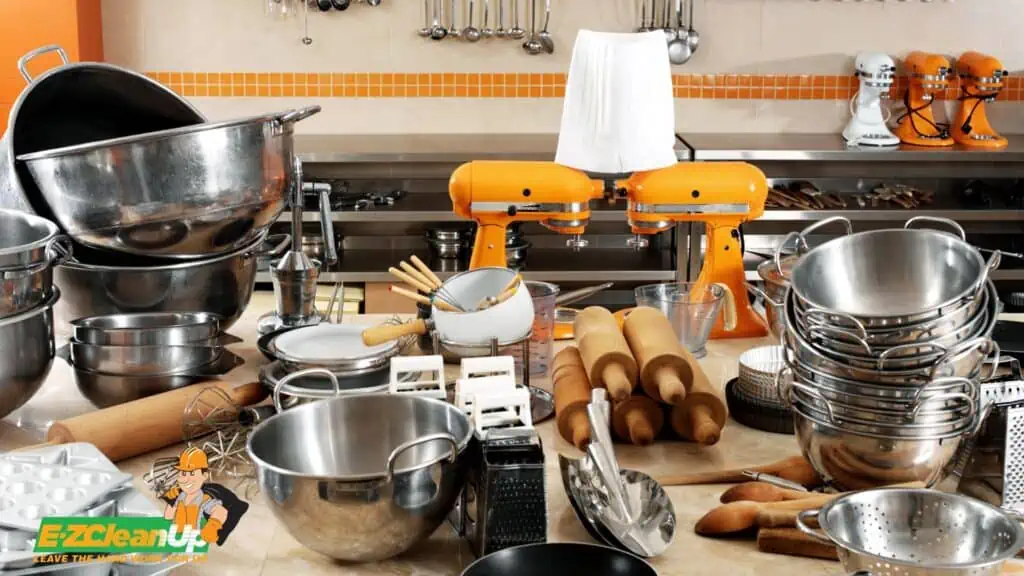
Embrace Eco-Innovation in Your Kitchen
The long-lived existence of your old kitchen utensils doesn’t have to end in a landfill. Start seeing the potential in every spoon, jar, and colander.
And remember, if you’re gearing up for a larger cleanup or overhaul, EZ CleanUp is here to help. We’re just a call away to make your space clutter-free and environmentally conscious.

